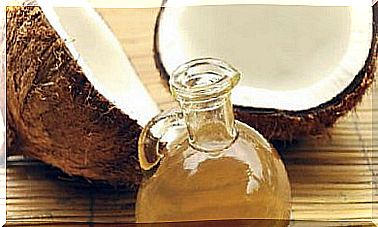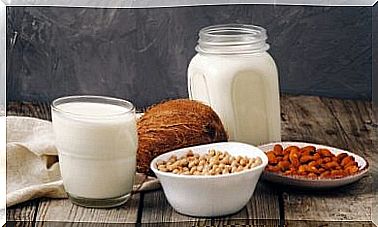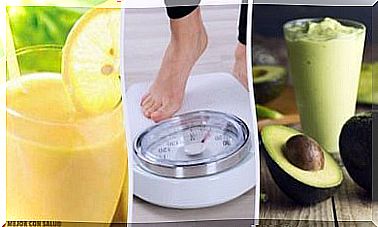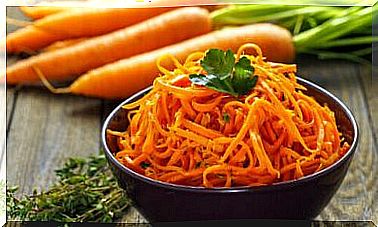How To Control High Cholesterol Naturally?
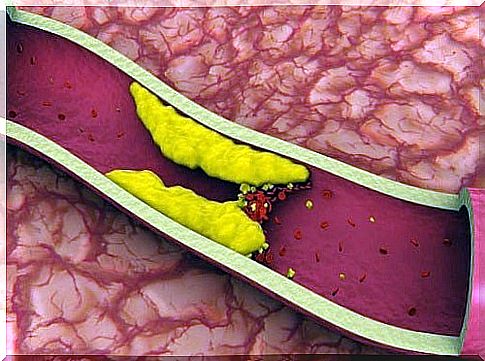
Cholesterol is a fat, which is found naturally in the body; as our body needs the substance to perform many of its vital functions.
This lipid is present in the brain, liver, nerves, blood and bile, both in people and animals, which is why experts recommend avoiding the consumption of animal foods when the person has high cholesterol.
The liver makes most of the cholesterol, while the other part is ingested through the diet. Low-density lipoprotein cholesterol is what we know as bad or LDL, which is responsible for clogging arteries; as it is deposited on arterial walls, causing serious cardiovascular problems and other diseases.
What our body needs is known as good cholesterol or HDL, formed by high-density lipoproteins, which help return bad cholesterol to the liver; so that in this way it is eliminated.
Although cholesterol can be caused by different disorders or genetic factors, in most people it tends to increase due to poor diet and a sedentary lifestyle.
It is for this reason that to prevent and control high cholesterol, it is important to change some lifestyle and eating habits.
Foods to Control High Cholesterol
As stated earlier, diet plays a very important role in preventing and controlling high cholesterol; as a healthy diet can help eliminate LDL, increasing HDL levels.
Next, we’ll show you the best foods to control high cholesterol.
Fiber
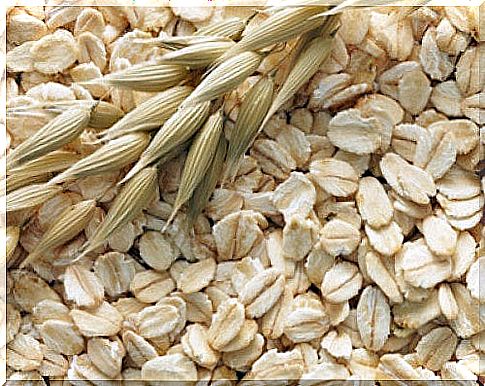
The consumption of vegetable fiber, especially soluble fiber, is essential to control high cholesterol, as it binds to fat and causes its elimination through the feces.
This type of fiber is present in foods such as vegetables, oats, barley and fruits such as apples.
The most recommended to reduce cholesterol are oat bran and brown rice.
Fish
Experts recommend eating fish at least twice a week, as it is a food rich in omega-3 fatty acids, which is the key to dissolving LDL and triglycerides in the blood.
Obviously there are other foods with omega-3 fatty acids, but fish is one of the richest sources.
Salmon, tuna, mackerel, sardines, herring and trout are recommended.
Olive oil

Olive oil can help dissolve LDL without changing HDL levels. Experts recommend consuming two tablespoons of olive oil daily.
Fruit and vegetable juices
Natural fruit and vegetable juices for morning and afternoon snacks can also help lower LDL levels.
It can be prepared with vegetables and fruits, only with fruits or as you prefer. The important thing is to consume them fresh and preferably without sugar or sweeteners.
Soy protein
Consumer Reports says that if we consume 25 grams of soy protein daily, we can lower our cholesterol by as much as 10%.
This serving would be equivalent to two or three servings of foods like soy milk, soy and tofu.
Dried fruits and whole grains
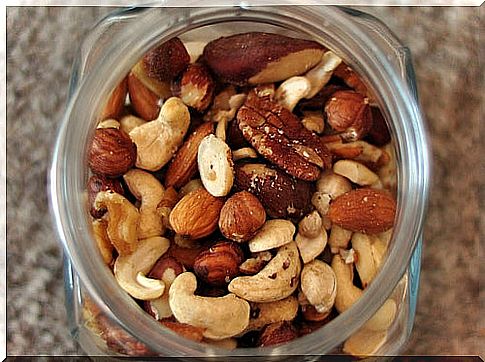
Dried fruits and whole grains have an ingredient that inhibits the absorption of cholesterol from food. It is recommended to consume 3 servings of the equivalent of one gram daily.
Healthy Habits to Control High Cholesterol
Habits are also very important when controlling and preventing bad cholesterol. Having a healthy lifestyle not only prevents LDL, but also has a better quality of life.
quit the cigarette
In short, tobacco consumption lowers HDL levels, increasing the risk of forming blood clots.
Smokers often have serious problems such as atherosclerosis, heart attack and stroke.
Avoid excessive alcohol consumption
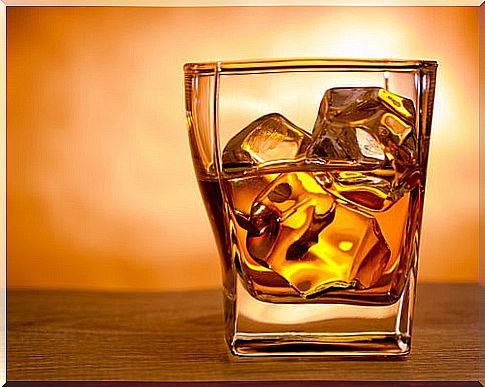
Excess alcohol increases the level of triglycerides in the blood and makes the consumer more likely to suffer from cardiovascular disease.
Furthermore, those people who drink moderately are less likely to suffer from these problems.
Do exercises
Engaging in regular physical activity helps to increase HDL levels while promoting LDL clearance.
That’s why experts recommend doing at least 30 minutes a day of exercise, 5 days a week.
Of course, people who have a longer exercise routine will benefit more.
Eliminate fast food
Consumption of all kinds of fast food inevitably increases blood LDL levels.
Therefore, avoid consuming:
- French fries;
- hamburgers;
- Fried food;
- Snacks with fillings;
- Breaded;
- Embedded;
- fatty meats;
- Oils;
- Any food with a high content of saturated and “trans” fats.
